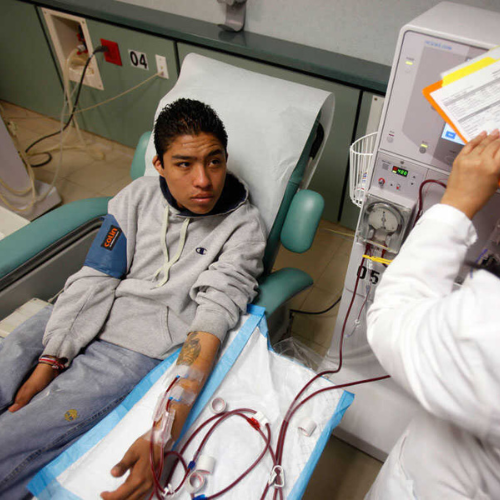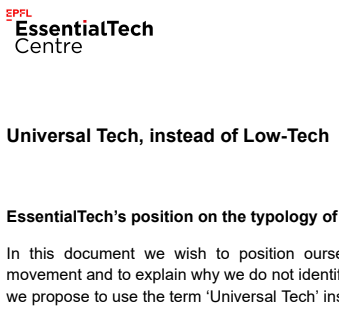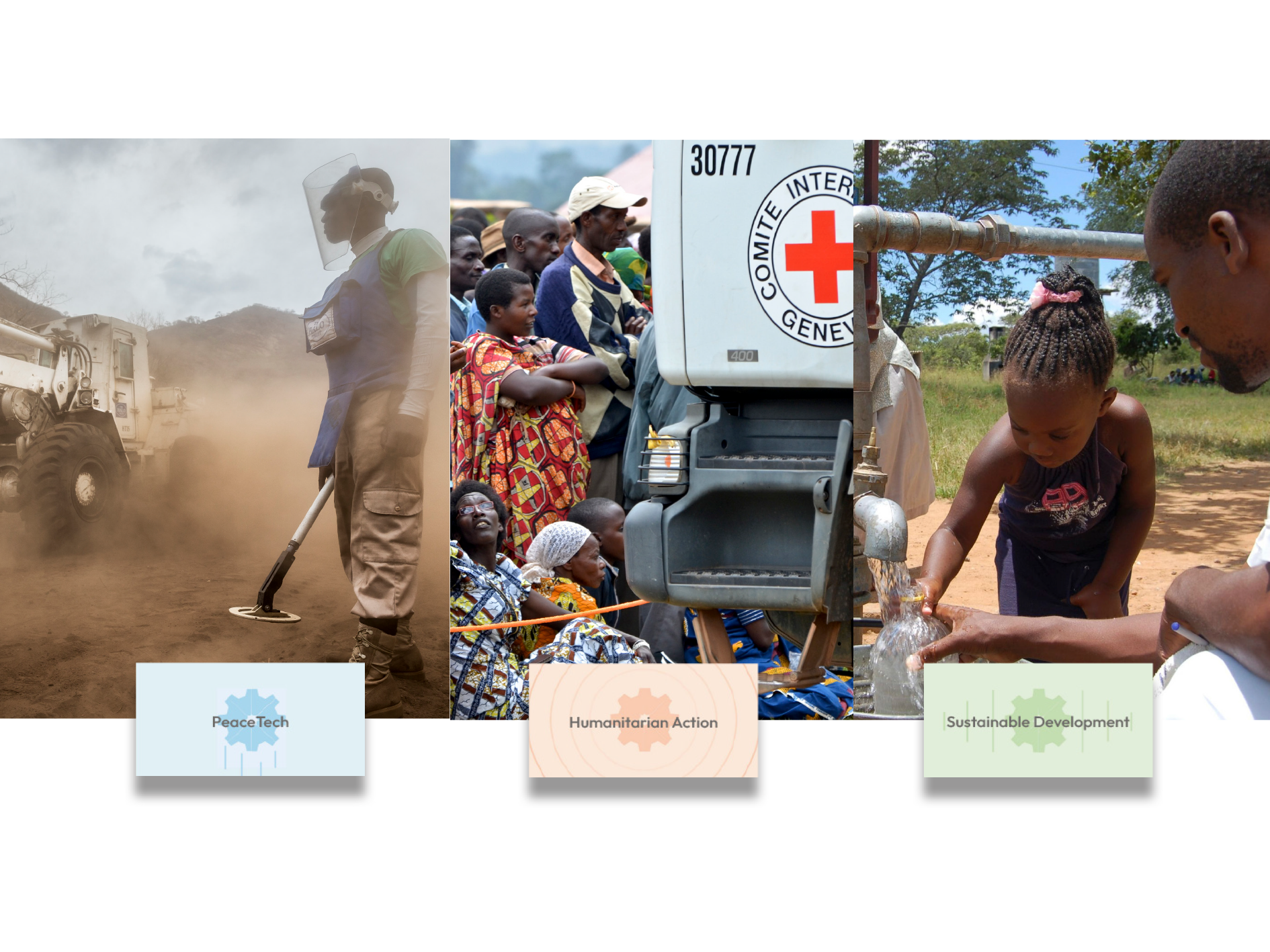A World Without Extreme Vulnerability
Advancing sustainable development, humanitarian action, and global peace promotion through technology and innovation for a better future.
Latest news
52
projects and programmes
23
publications
4
successful transfers
471
students
53
EPFL Labs collaborations
48
students supervisions & internships
Education
For a social, impactful engineering

Research & Impact
Programmes & Projects

PeaceTech Innovation Hub
Address key challenges in conflict prevention, peace processes, and post-conflict recovery.
Peacetech
Ongoing
interdisciplinarity, social sciences, political sciences, STEM, hub, innovation

GlobalViewAid
Enhance the autonomy and safety of blind people in urban environments
Sustainable Development
Ongoing
handicap, blind, health, AI, disability
Reduced inequalities

Ren'All care
An Alliance for Affordable and Sustainable Dialysis for ALL
Sustainable Development
Ongoing
health, dialysis, nephrology, LMICs, kidney failure, mortality, healthcare, training
Health
.webp)
GlobalHealthyStarts
Essential newborn healthcare for vulnerable contexts
Sustainable Development
Ongoing
children, health, neonatal, survival, equipment, technology, oxygen, incubator, low-cost
Health
Support us
Contribute to a meaningful change

About
The Story and People Behind EssentialTech
%201.png)

Do you want to get involved?
Join us in creating a more sustainable and equitable world. Together, we can leverage science and technology to address critical challenges and improve conditions for both people and the planet. Contact us to explore potential collaborations.




































